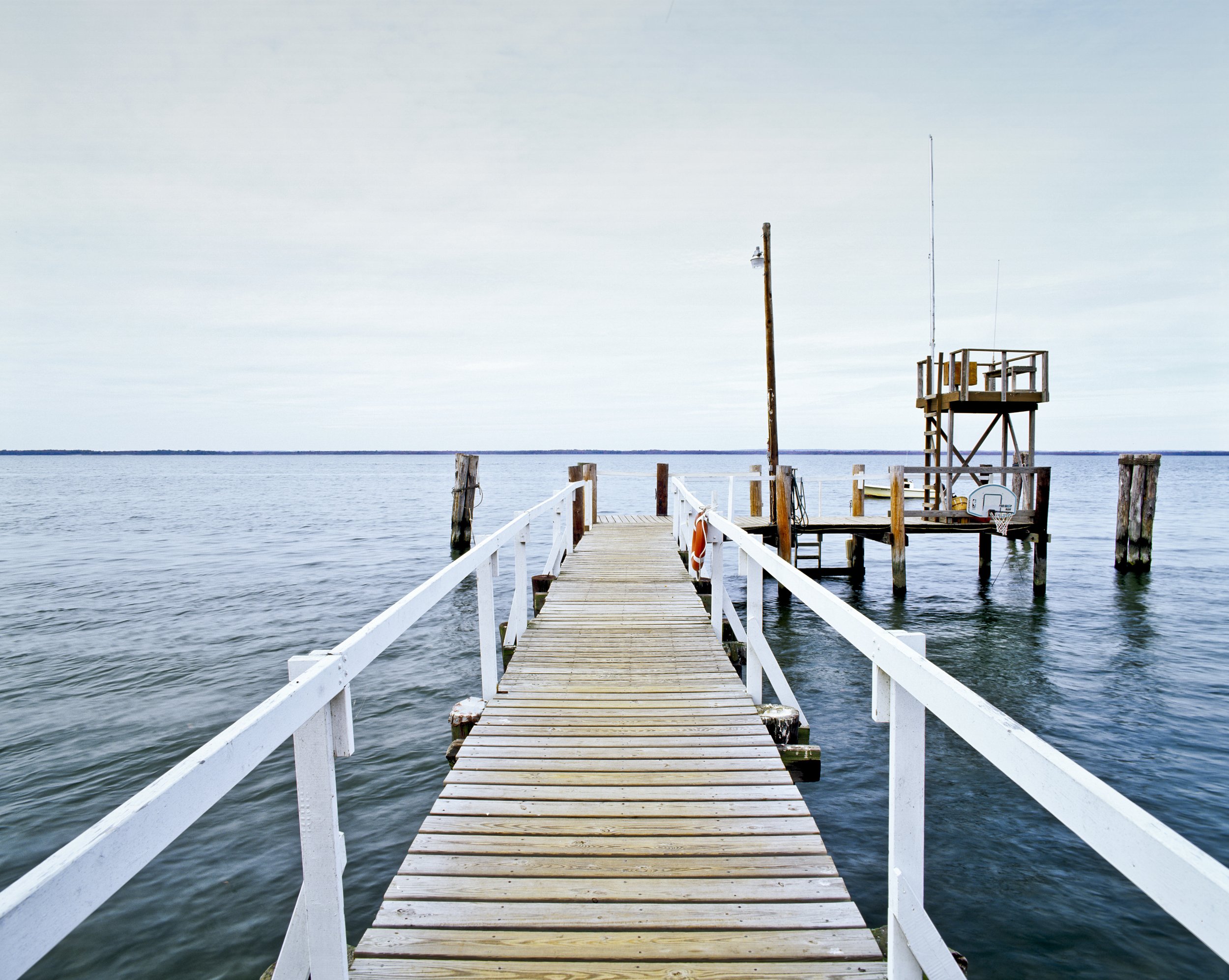Declination Project
Declination: the angle formed between a magnetic needle and the geographical meridian.
This body of work is based around the concept of searching for a sense of place.
If you don’t know where you are, you don’t know who you are. —Wendell Berry
The deep ecologists warn us not to be anthropocentric, but I know no way to look at the world, settled or wild, except through my own human eyes. I know that it wasn’t created especially for my use, and I share the guilt for what the members of my species, especially the migratory ones, have done to it. But I am the only instrument that I have access to by which I can enjoy the world and try to understand it. So I must believe that, at least to human perception, a place is not a place until people have been born in it, have grown up in it, lived in it, known it, died in it – have both experienced and shaped it, as individuals, families, neighborhoods, and communities, over more than one generation. Some are born in their place, some find it, some realize after long searching that the place they left is the one they have been searching for. But whatever their relation to it, it is made a place only by slow accrual, like a coral reef.
Wendell Berry is not talking about the kind of location that can be determined by looking at a map or a street sign. He is talking about the kind of knowing that involves the senses, the memory, the history of a family or a tribe. He is talking about the knowledge of place that comes from working in it in all weathers, making a living from it, suffering from its catastrophes, loving its mornings or evenings or hot noons, valuing it for the profound investment of labor and feeling that you, your parents and grandparents, your all-but-unknown ancestors have put into it. He is talking about the knowing that poets specialize in.
—excerpt from Wallace Stegner, The Sense of Place. 1992.





















